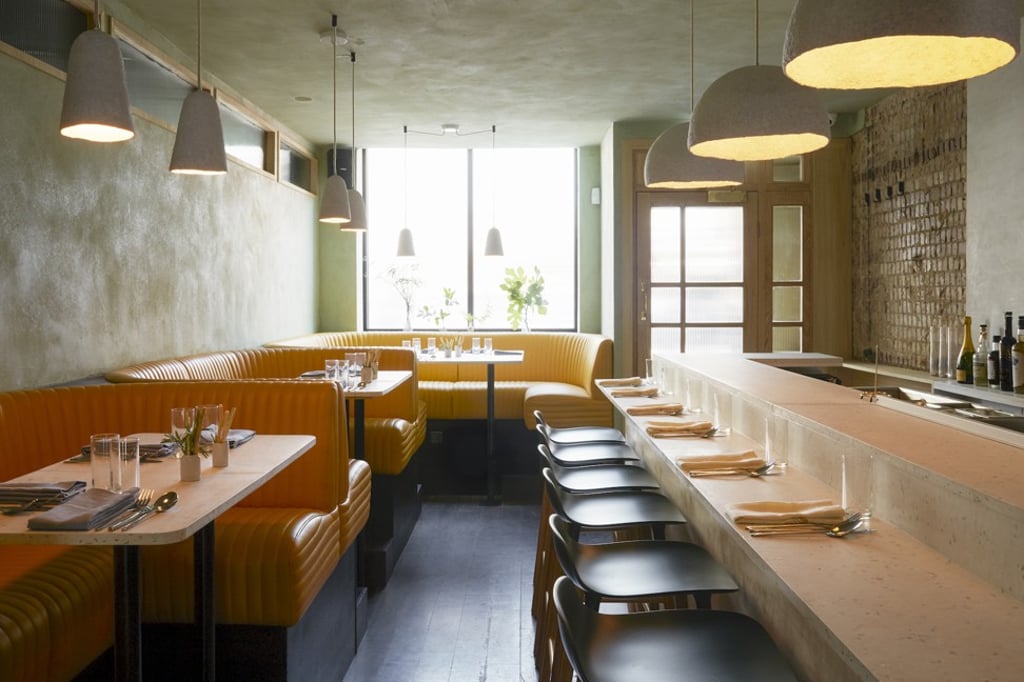Blocktails are the new cocktails: how blockchain tech is pushing new frontiers in the F&B world

Blockchain technology is used to track every step of production of a food product or a drink to ensure its safety, sustainability and quality
You’re sitting at the bar, sipping your cocktail – let’s say it’s a classic Old Fashioned, lustrous bourbon poured over sugar muddled with bitters, a twist of orange peel resting on a dense block of ice – it’s a thing of beauty.
But have you ever wondered about the true costs implicit in your enjoyment of this drink? Your bartender may tell you what bourbon he used, but where did the distillery get its corn? Did the farmer pay his workers fairly? Did he use pesticides? Where did the orange come from for that zesty strip of peel? How long did it sit in a warehouse before it finally made its way here, to your favourite bar?
Questions like these forced Ryan Chetiyawardana, aka Mr Lyan, to find an answer. Chetiyawardana is a regular winner of global bartending awards and the creative light behind this year’s World’s Best Bar, Dandelyan, and groundbreaking sustainability restaurant, CUB, both in London. So he turned to cryptocurrency, or more precisely, the technology that underpins it, blockchain.
“We are the last link in a long chain of events that is hidden from our eyes. We hold ourselves accountable for our actions. But what of the others in this chain? There’s no point in having an amazing drink if the farmer at the start is being exploited,” he states in an open letter to the bar industry. “We wanted to see if there was a way of highlighting good practice and illustrating the need for it to exist all along the supply chain. And this is where the technology underpinning cryptocurrencies – blockchain – became interesting to us.”
Cryptocurrency inspires extreme opinions. While some herald it as a universal panacea to the tyranny of corporate control, others dismiss it as a dangerous frivolity doomed to implode. But while the debate continues, the digital ledger known as the blockchain, through which most cryptocurrencies function, may well be where the truly valuable potential of the technology lies.
Blockchain is a decentralised, distributed and public digital ledger, which means that it is not controlled by one entity, such as a bank, but is rather upheld by a wide network. Once a transaction is recorded on the blockchain, it cannot be changed. The blockchain was originally designed to be public, so anyone could join and participate in the network, although blockchains can now be private.
The blockchain can bring to light the hidden costs behind your cocktail by recording every “transaction” involved in the chain: the corn farmer could record when he sows the seed, what he fertilises with and when, when he harvests, and when the corn is sent to the distillery. The distillery would then note when the corn arrives, and record each step in the fermentation and distilling process, including minutia such as the mineral content of the water used. And so on.
